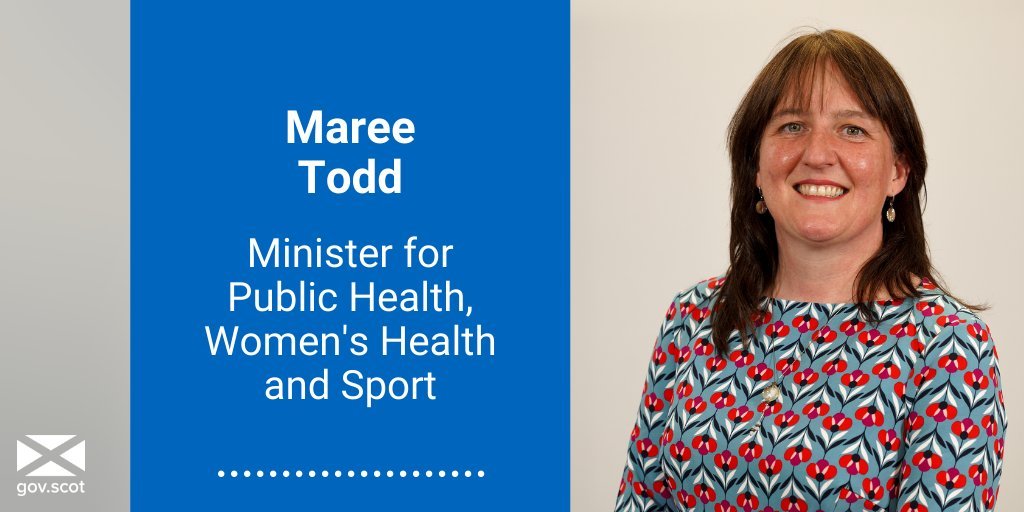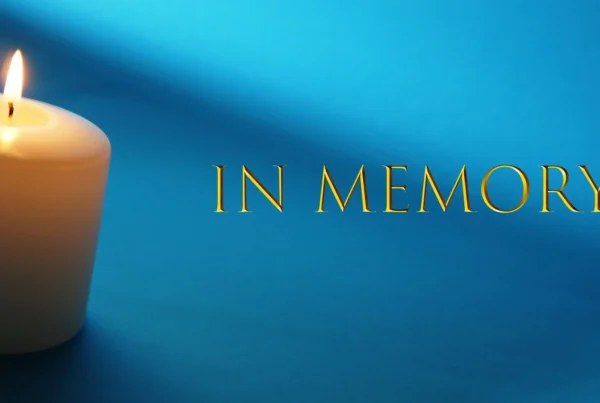ESCAPING silo working and engaging across different sectors is the key to tackling Scotland’s Covid recovery and health and wellbeing issues, according to the new Scottish Government Minister for Public Health, Women’s Health and Sport.
That was the overriding message to emerge from the latest event in the OSS ‘National Conversation on Sport’s Role in Society’ which brought together over 100 people spanning a wide area of health, sport and leisure to discuss and debate how the health and sport sectors could work more closely together to tackle Scotland’s health concerns as the country seeks to recover from the Covid pandemic. The event videos are featured below.
Jointly hosted by the OSS and Royal College of Physicians Edinburgh, the event was opened by Scottish Government Minister Maree Todd, MSP, who spoke of her  desire to see health, sport and leisure sectors being “bold” and coming together to tackle issues of inactivity, inequality and poverty heightened by the pandemic. She insisted that the only route to addressing worrying declines in community participation and activity lay in developing greater cohesion of strategy, policy and practice across all sectors in Scotland, and in across government.
desire to see health, sport and leisure sectors being “bold” and coming together to tackle issues of inactivity, inequality and poverty heightened by the pandemic. She insisted that the only route to addressing worrying declines in community participation and activity lay in developing greater cohesion of strategy, policy and practice across all sectors in Scotland, and in across government.
She said: “I’m sure everyone here today is aware that know that being physically active is one of the best things we can do for our physical and mental health helps prevent heart disease, strokes, diabetes and a number of cancers, and plays an important part in heling us maintain a healthy weight and reduces the risk of developing depression. Physical activity and sport can also have a transformative effect on communities by providing opportunities for people to connect with their nbeighbourhoods and come together in shared activities that can inspire and motivate. It’s a powerful means of addressing isolation, building community cohesion and developing confidence.
“These issues are particulary relevant now. The pandemic has had a huge impact on all of our lives but … we can see beacons of hope in the way that people have begun to socialise through physical activity and sport. It demonstrates the opporrtunity we have in this particular moment to build on these positive behaviours and ensure the benefits of being active remain at the forefront of people’s minds in future. Achieving this aim will require all sectors in society to play a role in encouraging and supporting people to be more active.
“This isn’t a problem that can be addressed by action in the health sector or any other sector on its own. Effective delivery will require bold leadership at all levels combined with cross-government and multi-sectoral partnerships to achieve a coordinated response and achieve meaningful change in practice.”
Social prescribing and GP referral schemes
The first theme of the event focused on social prescribing and referrals, and kicked off with speakers Dr Miles Mack (Highlands GP and Chair of the Medical Royal Colleges and Faculties in Scotland) and Dr David Shackles, Perth GP and co-chair of the Royal College of GPs in Scotland. Both provided clear insights to the challenges facing the health service and GPs in the wake of the Covid pandemic, and their enthusiasm to find more effective and less expensive ways to help people become more active, and tackle key health issues. This came down to a holistic approach, and looking at a range of ‘social’ treatment, where simple regular activity with peers in the local community had the potential for significant long-term life changes.
They were followed by Dr Eileen McMillan from Public Health Scotland who provided an overview of the work being carried out to develop national guidelines for social prescribing, and how feedback from different quarters to consultation around the guidance required to help practitioners had filtered into the consultation. Dr Coral Hanson, the OSS Research Associate and Edinburgh Napier University lecturer, followed up by providing insight to methods of monitoring and evaluating success.
Health, sport and business working in tandem
In the second session, Stewart Harris, Chief Executive of sportscotland, outlined the national agency for sport’s challenges and where their focus now lay in engaging organisations and individuals in community sport activity. He echoed Ms Todd’s calls for greater collaboration and welcomed the opportunity provided by the event to discuss key issues with the health sector.
He was followed by Billy Garrett, Director of Sport, Events and Communities at Glasgow Life, who explained the Glasgow approach to working collaboratively to improve the viability of facilities and services that have had to weather annual cutbacks in funding.
The event was wrapped up by David Waterworth of the Moorgarth Group, a commercial property company that operates many of the leading shopping centres across the UK, including the Waverley Mall in Edinburgh. He provided fascinating insight to the private sector’s desire to work in partnership with the public sector in using retail space for sport and leisure activity, and other activities, to help regenerate town and city centres. He outlined how this was being developed in England with NHS and trusts taking on vacant shopping units to provide health and sport services, which in turn attracted more people into the town and city centres and helped shop owners.
There was a wide variety of questions posed to the panel, with Dr Angela Thomas of the RCPE and David Ferguson, CEO of the OSS, chairing the discussions.
Don’t miss the next event
To ensure you are kept informed of future events, sign up to the OSS newsletter and join the OSS Supporters by donating from as little as £10, to support the valuable research, analysis and data and insight gathering into all aspects of community sport activity.






Thought Piece from Charlie Raeburn for Reform Scotland